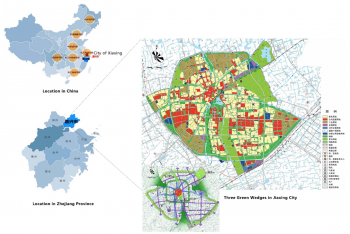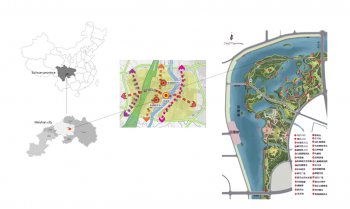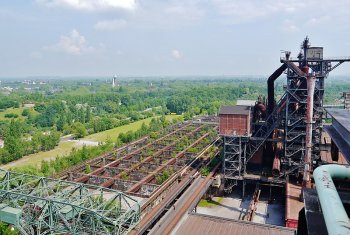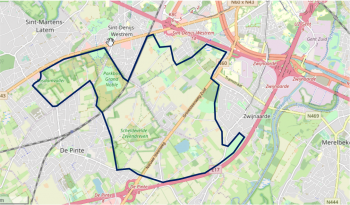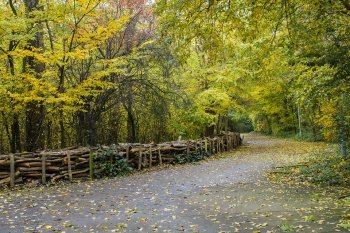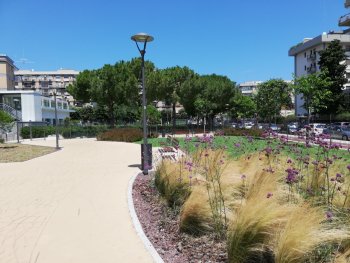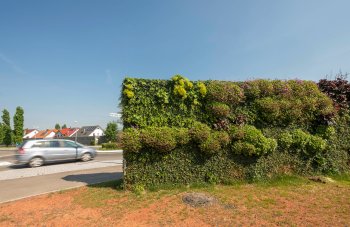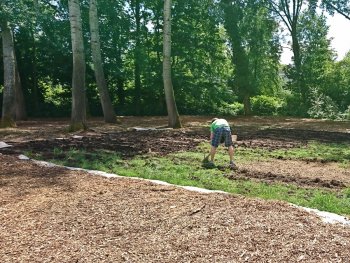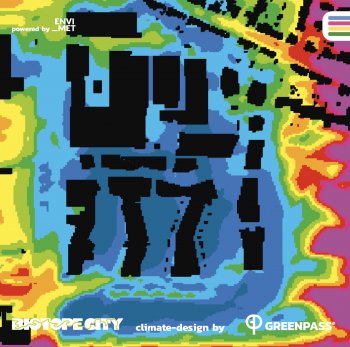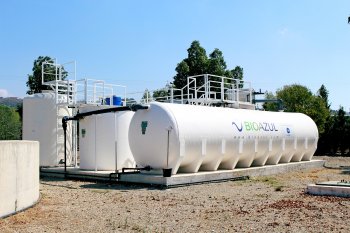Green Wedges - Jiaxing, Zhejiang Province, China
The three green wedges around the City of Jiaxing aim to regulate urban climate and to provide space for recreation by enhancing the structure and socioecological multi-functionality of the green infrastructure in the city.
Trees as nature-based solutions are promoted for co-development and co-design to alleviate problems of heat, air pollution and noise in the city in a participatory way.

